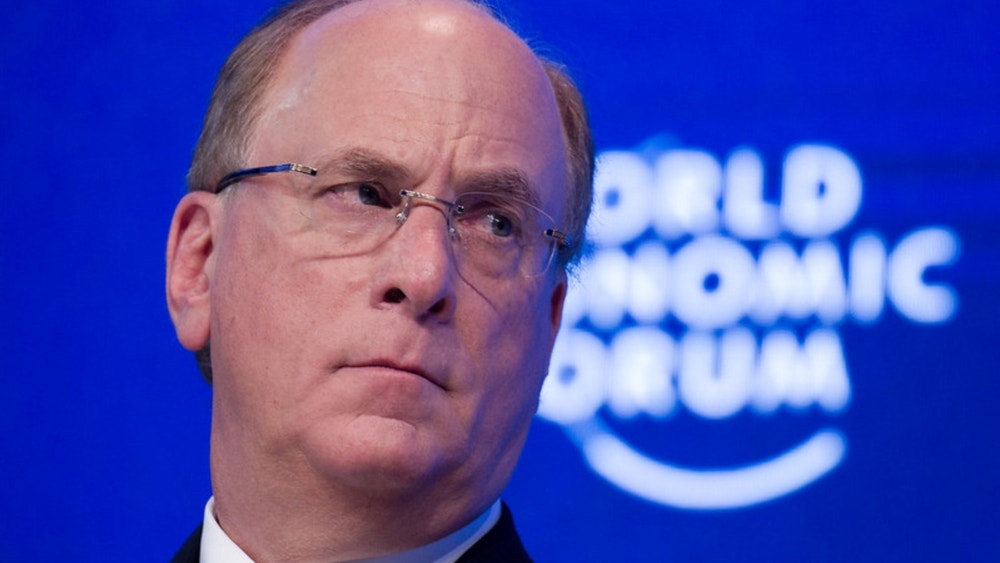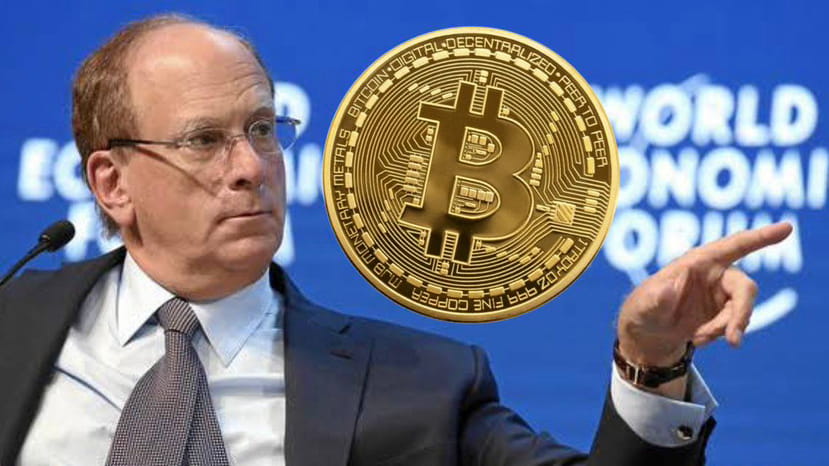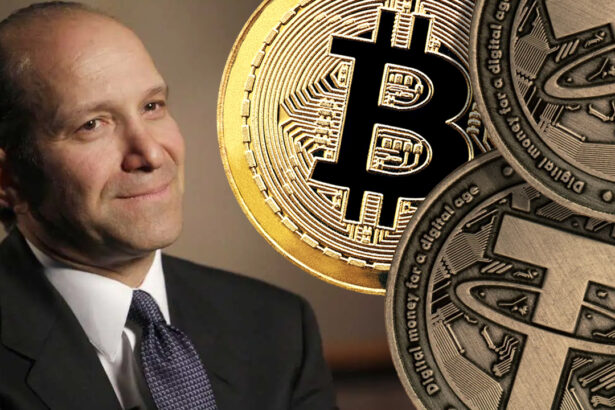BlackRock CEO Fink: In a recent statement that has sent ripples through the financial world, BlackRock CEO Larry Fink emphasized the transformative potential of tokenization in modern finance. As the head of the world’s largest asset management firm. Fink’s views carry significant weight and his endorsement of tokenization could herald a new era for the financial industry Binance’s Major Changes to LIT Coin: What You Need to Know.
What is Tokenization?
Tokenization refers to the process of converting rights to an asset into a digital token on a blockchain. These tokens can represent ownership of a variety of assets, including real estate, commodities, and securities. By leveraging blockchain technology, tokenization aims to make assets more liquid, accessible, and secure.
The Benefits of Tokenization

- Increased Liquidity: Traditional assets like real estate and fine art are often illiquid, meaning they cannot be easily bought or sold. Tokenization allows these assets to be divided into smaller units and traded on digital platforms, significantly increasing their liquidity.
- Enhanced Security: Blockchain technology ensures that each token transaction is secure, transparent, and immutable. This reduces the risk of fraud and provides a clear audit trail, enhancing trust among investors and stakeholders.
- Greater Accessibility: Tokenization democratizes access to investment opportunities. By breaking down large assets into smaller, more affordable tokens, it allows a broader range of investors to participate in markets previously reserved for high-net-worth individuals and institutions.
- Efficiency and Cost Reduction: The use of smart contracts in tokenization can automate and streamline processes such as settlement and compliance, reducing the need for intermediaries and cutting costs.
Fink’s Vision for the Future
Larry Fink’s endorsement of tokenization reflects his belief in its potential to revolutionize the financial landscape. He envisions a future where traditional barriers to investment are dismantled, and a more inclusive financial system emerges. According to Fink, tokenization could lead to the development of new financial products and services that cater to the diverse needs of global investors.
Challenges and Considerations
While the potential benefits of tokenization are substantial, there are challenges that need to be addressed:
- Regulatory Uncertainty: The regulatory framework for tokenized assets is still evolving. Clear and consistent regulations are necessary to ensure the protection of investors and the stability of financial markets.
- Technological Integration: Integrating tokenization with existing financial systems and infrastructure requires significant technological advancements and collaboration among industry stakeholders.
- Market Adoption: Widespread adoption of tokenization will depend on the willingness of market participants to embrace new technologies and processes. Education and awareness campaigns are crucial to driving acceptance and understanding of tokenized assets.
Conclusion
Larry Fink’s recognition of tokenization’s potential to transform finance marks a pivotal moment for the industry. As the financial world continues to evolve, tokenization offers a promising pathway toward greater liquidity, security, and accessibility. By addressing the challenges and harnessing the benefits of this innovative technology. The future of finance could indeed be reshaped in ways that are more inclusive and efficient. As we move forward, the insights and leadership of industry pioneers like Fink will be instrumental in navigating the complexities and realizing the full potential of tokenization in finance.






